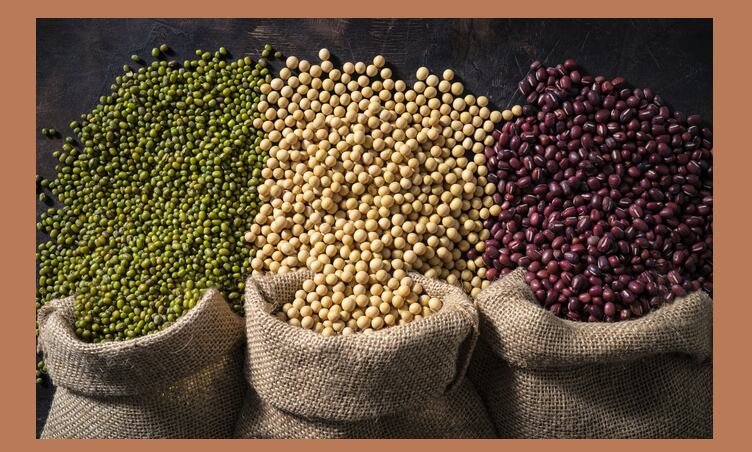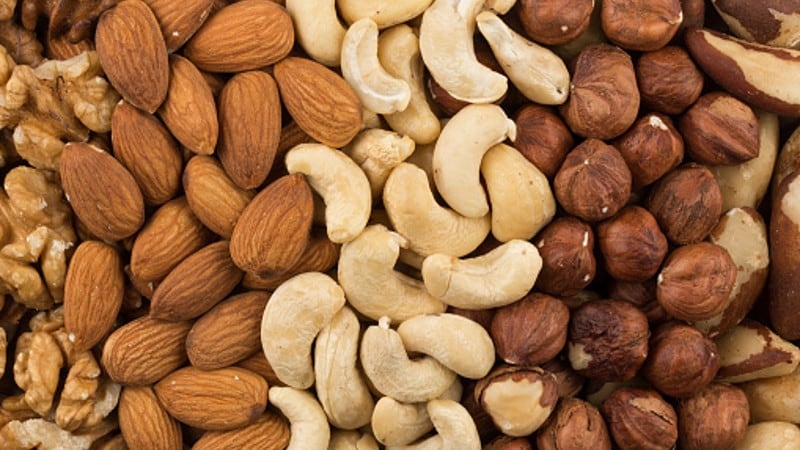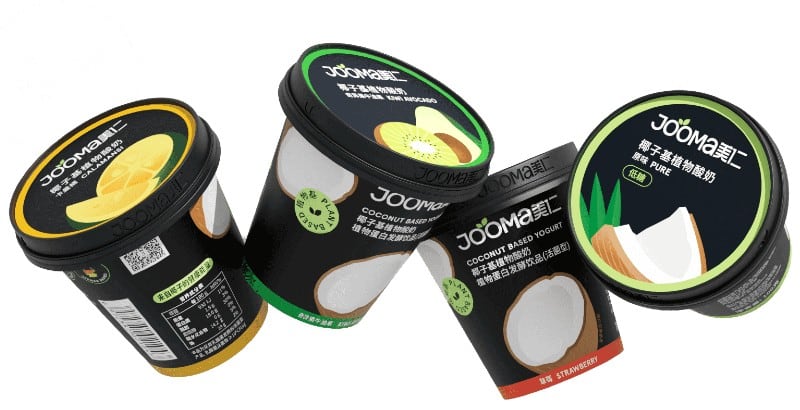For instance, companies could design plant-based meat as part of a toddler’s meal or come up with plant-based seafood.
Didier Chanove, business development director, plant alternatives at Kerry pointed out the above when he was speaking on the last day of the Growth Asia Summit held in Singapore’s Marina Bay Sands between October 11 and 13.
Growth Asia Summit, a hybrid event which consists of an onsite conference and a digital broadcast, was organised by William Reed – the publisher of NutraIngredients-Asia and sister title FoodNavigator-Asia.
At the summit, Chanove discussed the topic “How is plant-based meat changing the future of our food choices?”
The plant-based alternative industry has witnessed an unprecedented boom in recent years, with companies big and small launching new products every now and then.
Online, there has been three times more search volume on meat alternatives in the past five years.
However, the vast price gap with conventional meat is deterring Asian consumers in purchasing plant-based meat more regularly, said Chanove.
Citing findings from the company’s study, he said that it was mainly the Gen-Z consumers who were driving the plant-based meat adoption.
Nonetheless, companies could still tap on rising meat prices to attract consumers to plant-based meat.
“There is rising pressure on meat prices due to inflation and this could be an opportunity for plant-based meat,” he said.
The four key steps
Plant-based meat manufacturers could follow four key steps when popularising their products.
First, they could expose the vast majority of the consumers to plant-based meat by offering Michelin style specialised culinary experience with restaurants.
“Indulgence works better since it is easier to then justify the slightly higher price,” he said, on the reason for incorporating plant-based meat in high-end dining experience.
Companies could also work with restaurants by preparing familiar, local culinary dishes using plant-based meat.
Doing so could help consumers establish an emotive connection with plant-based meat – which is the first step for them in trying out plant-based products.
Second, firms would need to educate consumers the benefits of plant-based ingredients.
For example, firms could highlight how plant-based meats use sustainable ingredients and a “minimalist” ingredient profile.
“This gives consumers a reason to stick to plant-based meat,” he said, adding that the use of these new ingredients should nonetheless, provide familiar texture and mouthfeel for the consumers.
Third, and the “key in increasing consumer adoption”, according to Chanove, is to offer plant-based meat in new formats.
This includes plant-based meat designed for toddlers, as part of a wholesome meal, or offering plant-based seafood.
Fourth, companies could look into innovative functional solutions, such as designing plant-based meat that offer “real muscle, real texture”, 3D printed products, enhancing the nutritional profile, as well as reducing the cost.
Emerging ingredients
While soy is the one of the most common ingredients for making plant-based products, other alternatives have also emerged to the forefront.
Mung beans, chickpea, faba beans – also known as broad beans would be the top three plant-based protein trending in the next five years, Chanove said, when answering a question from the audience during the Q&A session.
“In alternative meat, you will start to see lesser use of soybeans, but more of pea and faba,” he said, adding that these are also ingredients commonly regarded as superfoods.





